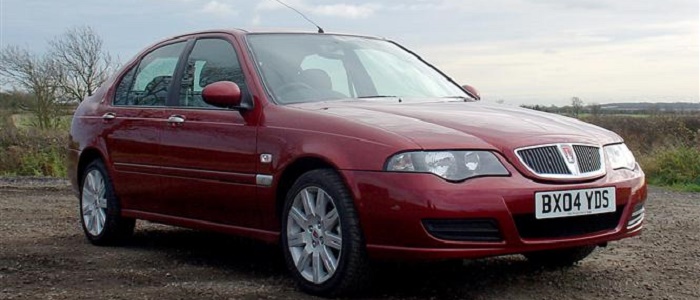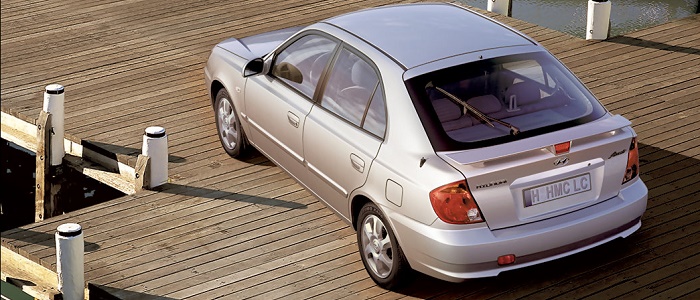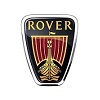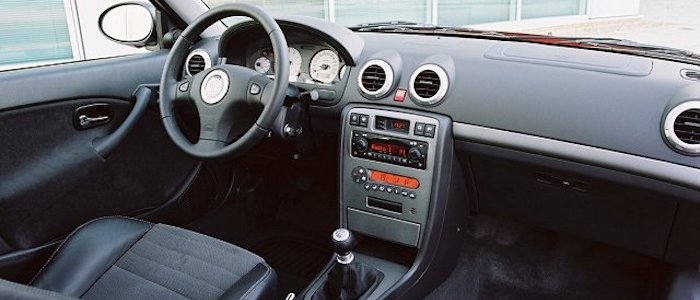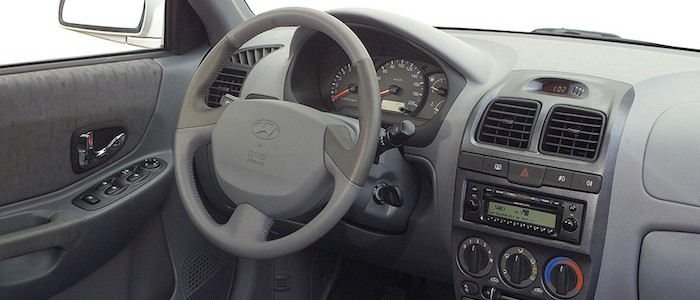Compare two cars
Compare any two cars and get our Virtual Adviser™ opinion
Marketing
Dimensons & Outlines
Engine
Performance (manual gearbox)
Performance (automatic gearbox)
Expenses
Virtual Adviser's™ opinion
Well, these are two pretty similar cars we have here! It's only details that could potentially make the difference. Considering they both belong to the small family car segment and utilize the same 5-door hatchback body style and the front wheel drive system, it all comes up to the specific petrol engine choice they offer. The first one has a Rover-engineered powertrain under the hood, a 6-cylinder, 24-valves 150hp unit, while the other one gets its power and torque from a 4-cylinder, 16-valves 105hp engine designed by Hyundai.
SafetyUnfortunatelly, neither of the two vehicles was submitted to the European New Car Assessment Programme (Euro NCAP) testing. This makes it virtually impossible for me to pick one over the other and I'm generally against buying such cars as the safety should really always come first. That aside, let's consider some other aspects which affect safety. Both vehicles belong to the small family car segment, which is generally classifying them somewhere in the middle safety-wise, but it doesn't do much to help us decide between the two. Furthermore, when it comes to weight, a factor that most people underestimate, the British car offers a potentially life-saving difference of 31% more metal.
ReliabilityManufacturers have been building their reliability reputation for decades now and, generally speaking, it appears that both brands display similar results in faults and breakdowns, at least on all of the models level. That's the official data, while our visitors describe reliability of Rover, as well as Hyundai, with the same average rating of 4.5 out of 5. Independent research findings rank 45 as average reliability-wise, and Accent is more or less at the same level.We should definitely mention that owners of cars with the same powertrain as the British car rank it on average as 5.0, while the one under the competitor's bonnet gets 4.6 out of 5.
Performance & Fuel economyRover is a bit more agile, reaching 100km/h in 0.1 seconds less than its competitor. In addition to that it accelerates all the way to 205 kilometers per hour, 15km/h more than the other car. When it comes to fuel economy an obvious choice would be the Korean car, averaging around 6.9 liters of fuel per 100 kilometers (41 mpg), in combined cycle. That's 42% difference compared to the British car!
Verdict
Rover appears just a bit more reliable, although the difference is truly marginal. The most important thing when deciding between any two vehicles should always be safety, both passive and active. In my opinion, everything taken into account, the British car offers much better overall protection, which launches it ahead of the other contender. It all continues in the same direction, with Rover offering somewhat better performance, just enough to call it quicker. It does come at a cost though, and that's the fuel consumption... It's really tough to make a final decision here, but if I'd need to, I'd say Hyundai. Nevertheless, let's not forget that people have different preferences and needs, so what really counts is your personal feel. I'm only here to help. Also, you could use the oportunity to find out which car, everything taken into account, would be the perfect choice for you in the eyes of the virtual adviser™, among thousands of similar, yet so different vehicles.























